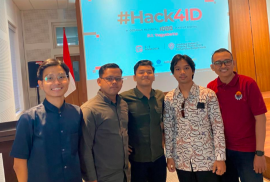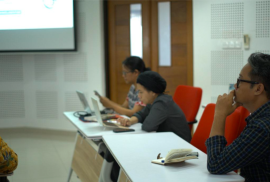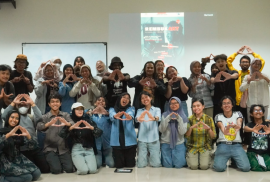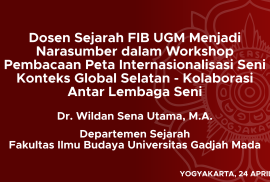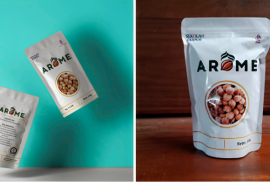The journey within the 1000 Digital Startup Movement began with enthusiasm and hope for a group of participants involved. This program offers an extraordinary opportunity for them to establish a startup intensively over six months. The program combines online and offline meetings in a hybrid format, allowing participants to connect and collaborate effectively. Their first meeting took place at the Hack4ID event, held at the TILC building, Vocational School, Universitas Gadjah Mada. There, the team members—Adri, Ahmad, Boby, Padma, and soon-to-join Alfin—met for the first time, forming a group that would later become their comrades-in-arms. This Hack4ID event spanned two days, from Saturday, March 2 to Sunday, March 3, 2024, and was filled with valuable learning experiences. Participants were taught to be more aware in identifying problems and proposing solutions based on solid data, not just assumptions.
In this meeting, they were also challenged to quickly decide on the type of startup they wanted to establish and the field they would focus on. After intense discussions, they agreed to create HaloCats, a startup in the pet care industry. Their goal was simple but significant—to make it easier for cat owners to sterilize their pets safely and comfortably. However, this meeting wasn’t just about work. It also marked the beginning of a friendship they built together, forming a strong foundation for facing the long and challenging journey of building this startup. HaloCats now stands as a tangible proof of the team’s collaboration and hard work, and they are ready to face the next challenges with full enthusiasm.
[Public Relations, Faculty of Cultural Sciences UGM, Written by: Rifal Fadlurrahman, Editor: Aldiza]

